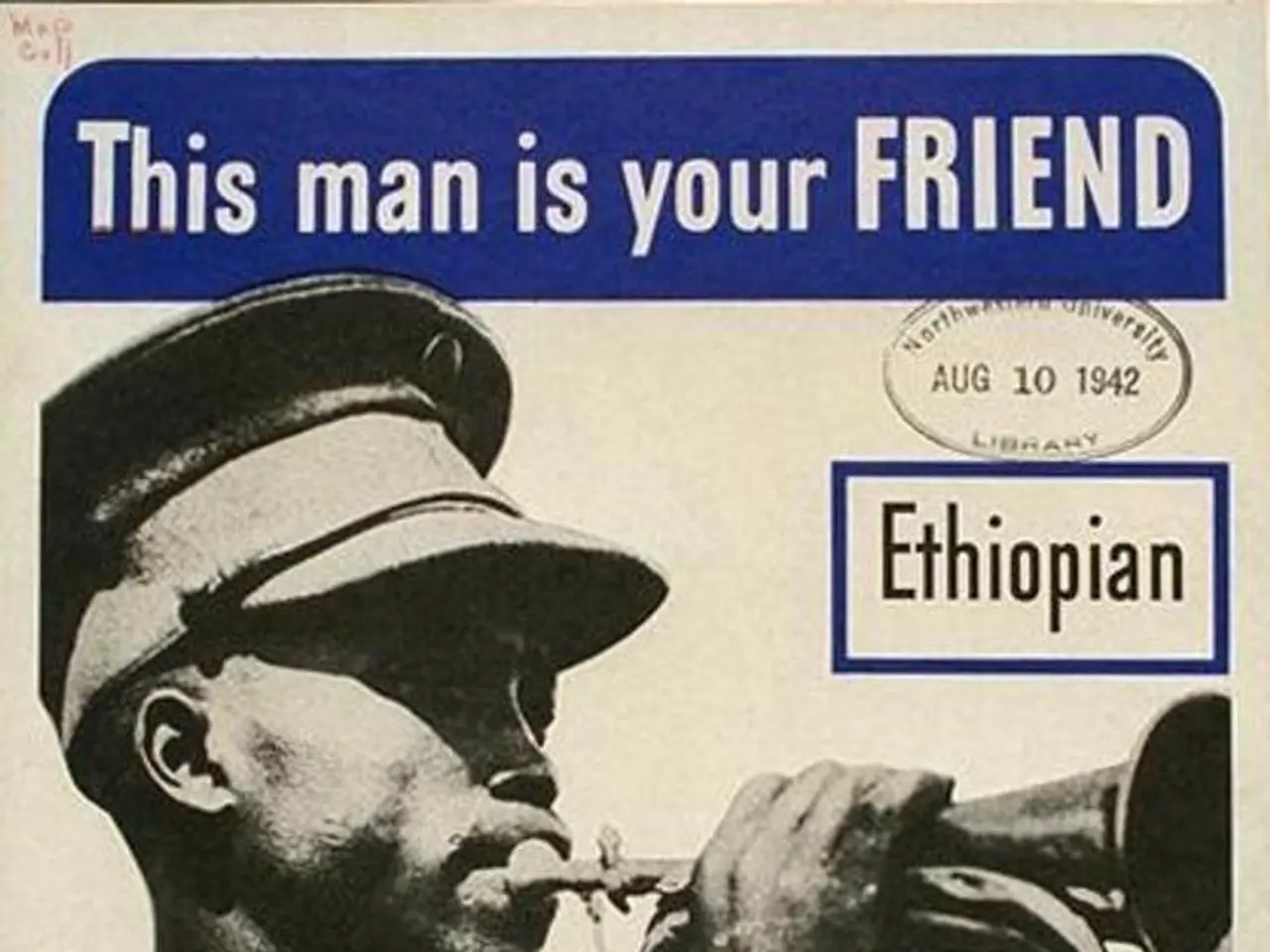Allegations of high-level betrayal
In a bold move, a group of Israeli citizens, including prominent figures such as former officials, artists, and legal experts, have published a letter in The Guardian calling for "crippling sanctions" to be imposed on Israel. This public appeal, which breaks Israeli internal consensus and challenges harsh local laws against such criticism, has sparked a wave of controversy and debate both domestically and internationally.
The letter accuses Israel of policies amounting to genocide and calls for punitive international action until a permanent ceasefire is implemented. This action, particularly during a time of war, can provoke serious internal and external consequences.
Domestically, the call for sanctions is viewed as deeply controversial or disloyal by some sectors of Israeli society and government. Such acts might be framed as undermining national security or aiding adversaries. Under Israeli law, and broadly in many countries, aiding enemies during wartime or actions seriously compromising state security can meet criteria for treason. However, the signatories argue that their appeal seeks peace and compliance with international law rather than betrayal.
The letter represents a historic break from previously dominant public consensus and reveals a sharp moral dissent from within Israel’s elite and general society. This can increase divisions domestically and complicate political stability, especially during an ongoing conflict.
Internationally, the letter can put additional pressure on Israel through proposed sanctions, arms embargoes, and legal mechanisms such as the International Criminal Court. It may contribute to diplomatic isolation or changes in foreign policy by other states, as sanctions or recognition of Palestinian statehood gain traction following the letter’s appeal.
The consequences of such a letter are complex and multi-faceted, reflecting the contested and politically charged nature of the issue. While some view it as a justified form of conscientious dissent against perceived state wrongdoing, others perceive it as traitorous or treasonous under certain legal frameworks.
Regardless of the interpretations, the letter has undoubtedly sparked a heated debate, with critics accusing the signatories of summoning hostile foreign media, seeking allies among Israel-haters and Jew-haters worldwide, and using a foreign platform to defame Israel during a time of war. The self-righteous assertion of yearning for peace is also criticized as hypocritical.
However, the signatories maintain their dedication to a peaceful future for Israel and proclaim their intentions as an appeal for crippling sanctions on Israel until it ends its current campaign and implements a permanent ceasefire. They argue that their actions are aimed at ending what they describe as war crimes and genocide, rather than betraying their country.
As the debate continues, it remains to be seen how this letter will impact the ongoing conflict and the future of Israel-Palestine relations. The individuals involved, despite the potential consequences, stand firm in their conviction that their actions are necessary for a peaceful resolution to the conflict.
- The debate caused by the published letter in The Guardian, calling for sanctions on Israel due to its policies compared to genocide, has not only sparked internal controversies but also led to international discussions on politics, war-and-conflicts, and crime-and-justice, as it may result in diplomatic isolation or changes in foreign policy by other states.
- The letter, representing a moral dissent from Israel's elite and society, and its implications for potentially treasonous actions under certain legal frameworks, has further complicated the general news landscape, with critics accusing the signatories of summoning hostile foreign media, aiding adversaries, and using a foreign platform to defame Israel during a time of war.







